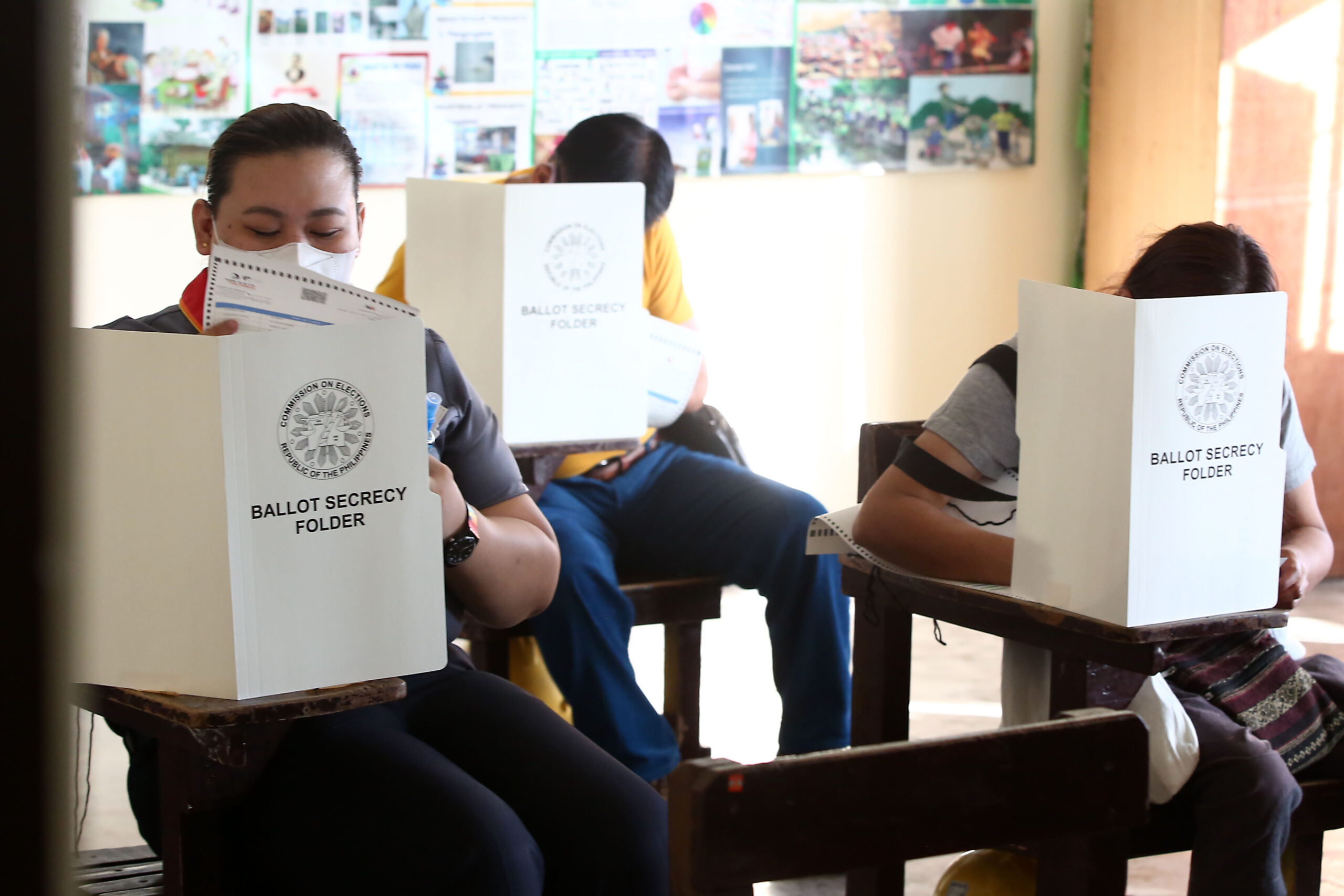Banks told to monitor digital vote buying, selling during village polls

By Keisha B. Ta-asan, Reporter
BANKS and financial institutions should monitor large transactions that could point to vote-buying and vote-selling activities during the village election period, the Bangko Sentral ng Pilipinas (BSP) said.
In a memo to central bank-supervised financial institutions signed by BSP Deputy Governor Chuchi G. Fonacier on Oct. 10, BSP called for vigilance.
“In line with the National Government and Commission on Elections’ efforts to curb vote-buying and vote-selling… the BSP strongly calls for the adoption of enhanced surveillance and monitoring measures to prevent the misuse of financial institutions as conduits for this illegal activity,” it said.
Banks should tighten controls in detecting or preventing fraudulent accounts and transactions as the election date nears, it added.
Filipinos will vote for the village and youth council officials on Oct. 30. The campaign period started on Oct. 19.
BSP also warned financial institutions about the possibility of online banking and mobile wallet applications being used for vote-buying activities.
They were told to reinforce their customer onboarding processes, fraud management systems and transaction-monitoring capabilities.
Banks should consider any significant number of account registrations in areas where vote-buying or-selling is known to be rampant, and unusually large cash transactions during the election period as scenarios in calibrating their fraud management systems.
Under the BSP’s Manual of Regulation for Banks and Nonbank Financial Institutions, lenders must submit suspicious transaction reports to the Anti-Money Laundering Council when needed.
Under the Omnibus Election Code, persons found guilty of vote-buying or -selling face imprisonment of as long as six years, disqualification from public office and being barred from voting.
The Philippines has been included among jurisdictions under increased monitoring by the Financial Action Task Force (FATF) in June 2021. It needs to prove it has implemented tighter measures against dirty money and terrorism-financing to exit the FATF’s “gray list.”
Meanwhile, in a separate memo signed by Ms. Fonacier on Oct. 10, the central bank reminded lenders to apply appropriate customer due diligence measures on so-called politically exposed persons — those who are politically prominent here or overseas, as well as officials of international organizations.
The central bank noted that if these people are related to suspicious transactions, financial institutions should obtain senior management approval before continuing any business relationships.
Financial institutions should also take reasonable measures to establish the source of wealth of customers and prominent beneficial owners.
Lenders should use risk-based assessment to determine whether there are any residual risks or a significant influence posed by the customer, it added.



